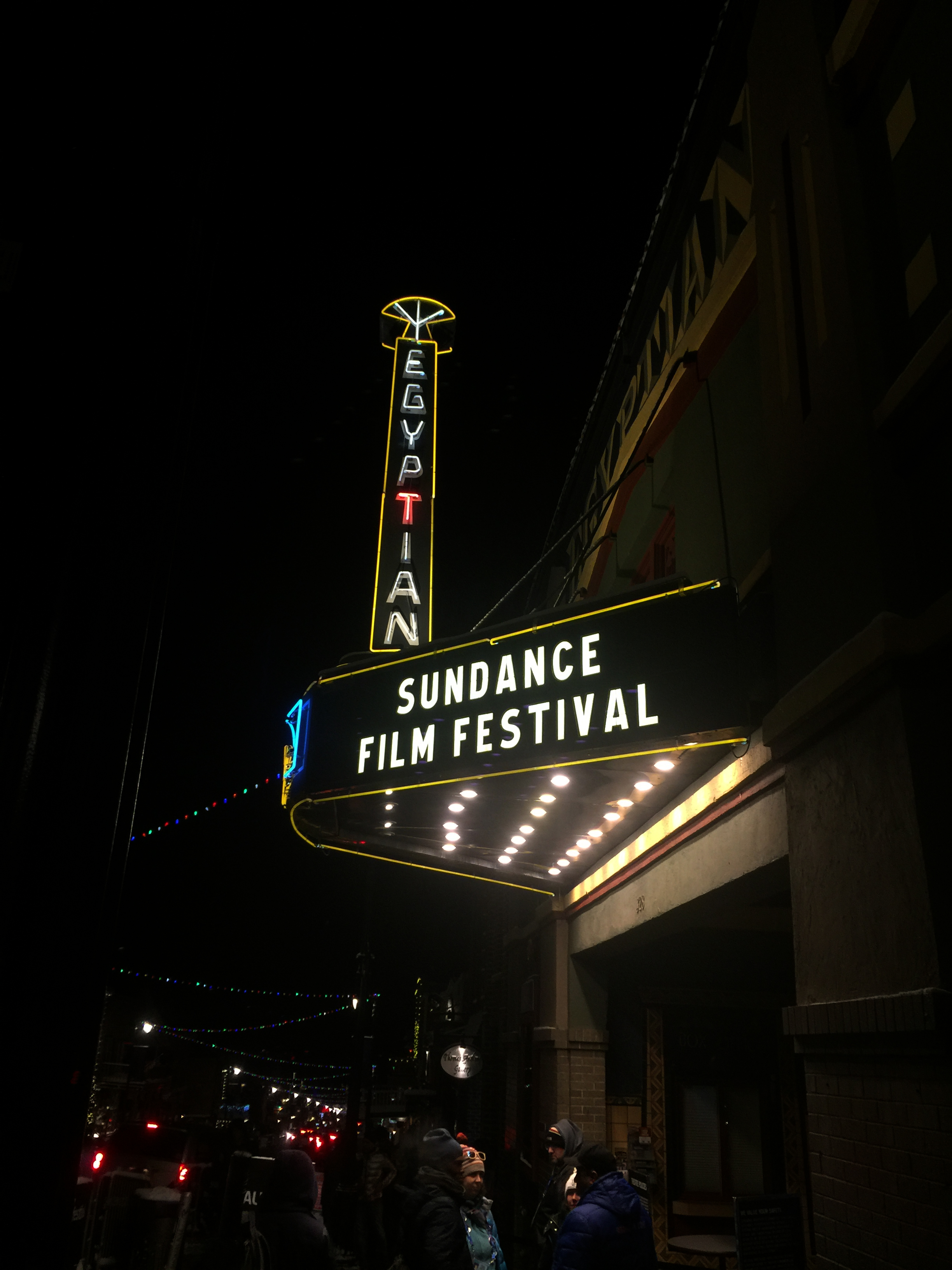|
Pear Ta Ma 'on Mafa
''The Land Has Eyes'' ( Rotuman: ''Pear ta ma ʻon maf'') is a 2004 Rotuman film written and directed by Vilsoni Hereniko. It is the first ever (and so far only) feature film from Rotuma. Plot The main character, Viki ( Sapeta Taito), is a young Rotuman woman shamed as the daughter of a man wrongly accused of being a thief. She finds inspiration in a mysterious "Warrior Woman" (Rena Owen) from her people's legends. Cast * Sapeta Taito as Viki *Rena Owen as Warrior Woman *Voi Fesaitu as Hapati *Elisapeti Kafonika Inia as Mata *John Fatiaki as Noa *Ritie Titofaga as Maurea *James Davenport as Judge Clarke *Maniue Vilsoni as Koroa *Sarote Fonmanu as Rako / Teacher *Emily Erasito as Hanisi - Viki's sister Production The film was shot on Rotuma, homeland of director Vilsoni Hereniko. Lead actress Sapeta Taito is Rotuman, and ''The Land Has Eyes'' is her first film appearance. She had, in fact, never seen a film before acting in this one. [...More Info...] [...Related Items...] OR: [Wikipedia] [Google] [Baidu] |
Vilsoni Hereniko
Vilsoni Hereniko (born October 13, 1954) is a Rotuman playwright, film director and academic. He was the writer and director of Rotuma's first ever (and so far only) feature film, ''The Land Has Eyes'' (''Pear ta ma 'on maf''). Biography Hereniko is a Rotuman, born in Mea village, Hapmak, Itu'ti'u District, Rotuma, Fiji. He was schooled in his native Rotuma, obtained a Bachelor of Arts degree and a Graduate Certificate in Education from the University of the South Pacific in 1997, a Master's degree in Education at the University of Newcastle-upon-Tyne, and, in 1991, a PhD in literature and language at the University of the South Pacific. He is now a professor at the University of Hawaiʻi's Center for Pacific Islands Studies, where he teaches literature, theatre and film. Career Literary Hereniko published his first plays in the mid-1970s, including ''Don't Cry Mama'', ''A Child For Iva'', ''Sera's Choice'' and ''The Monster''. In 1997 he received the Elliott Cades Writing Awar ... [...More Info...] [...Related Items...] OR: [Wikipedia] [Google] [Baidu] |
Sundance Film Festival
The Sundance Film Festival (formerly Utah/US Film Festival, then US Film and Video Festival) is an annual film festival organized by the Sundance Institute. It is the largest independent film festival in the United States, with more than 46,660 attending in 2016. It takes place each January in Park City, Utah; Salt Lake City, Utah; and at the Sundance Resort (a ski resort near Provo, Utah), and acts as a showcase for new work from American and international independent filmmakers. The festival consists of competitive sections for American and international dramatic and documentary films, both feature films and short films, and a group of out-of-competition sections, including NEXT, New Frontier, Spotlight, Midnight, Sundance Kids, From the Collection, Premieres, and Documentary Premieres. History 1978: Utah/US Film Festival Sundance began in Salt Lake City in August 1978 as the Utah/US Film Festival in an effort to attract more filmmakers to Utah. It was founded by Sterl ... [...More Info...] [...Related Items...] OR: [Wikipedia] [Google] [Baidu] |
English-language Fijian Films
English is a West Germanic language of the Indo-European language family, with its earliest forms spoken by the inhabitants of early medieval England. It is named after the Angles, one of the ancient Germanic peoples that migrated to the island of Great Britain. Existing on a dialect continuum with Scots, and then closest related to the Low Saxon and Frisian languages, English is genealogically West Germanic. However, its vocabulary is also distinctively influenced by dialects of France (about 29% of Modern English words) and Latin (also about 29%), plus some grammar and a small amount of core vocabulary influenced by Old Norse (a North Germanic language). Speakers of English are called Anglophones. The earliest forms of English, collectively known as Old English, evolved from a group of West Germanic (Ingvaeonic) dialects brought to Great Britain by Anglo-Saxon settlers in the 5th century and further mutated by Norse-speaking Viking settlers starting in the 8th and 9th ... [...More Info...] [...Related Items...] OR: [Wikipedia] [Google] [Baidu] |
